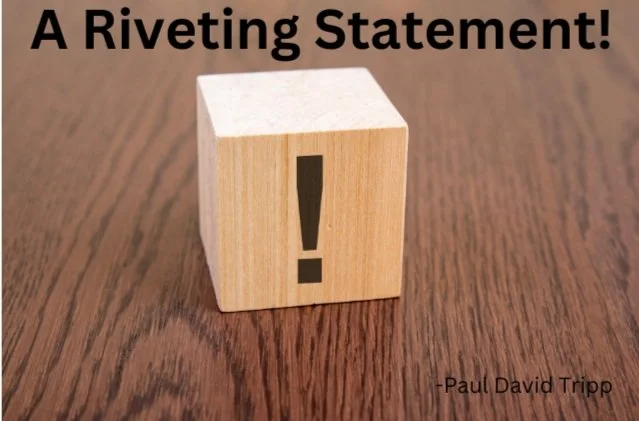Guest Post by Jay Lorenzen
I hate slot machines.
In the few times I’ve walked through a casino, I remember the lonely loading one quarter after another into slot machines. They’d push the spin button, initiating a series of bells and whistles while watching the rolling lights show go by. Occasionally, they get just enough payout to keep them hoping for a jackpot. Everyone who plays the slot machines assumes they’re money-making machines. In reality, they’re designed by the robber barons of this new gilded age—stealing from the poor a nickel or dime or a quarter or a dollar at a time and giving it to the rich.
Now, if I were smart, I’d hate my smartphone just as much.
But I love my Instagram feed. I love scrolling through my Instagram feed. I give it a spin and find this incredible sound and light show. As it rolls by, I discover some pretty funny stuff, occasionally something shocking or stupid. But, eventually, I see something interesting, informative, or educational. I love posts, for example, on Stoicism, horse training, and my favorite right now—colebaueroceanracing.
“I’ve discovered that my smartphone is actually an informational slot machine. ”
Recently, however, I’ve discovered that my smartphone is actually an informational slot machine. It provides some bells and whistles while taking a quarter’s worth of my attention. Soon, one quarter follows after another. And before I know it, I’ve lost a bankload of attention just to find an ounce of wisdom from Seneca—which is readily available in my copy of his letters sitting on my desk.
I’ve become the sad, lonely, and bored individual who sits before a slot machine, giving away my attention in small denominations. And I barely notice my poverty of attention.
We thought this was the Age of Information, but it’s actually the Age of Attention. Or better, The Age of Distraction.
Information has become commoditized and monetized; the makers of my smartphone have discovered how to win, capture, and exploit my attention for their ends. They privilege my impulses over my intentions. I lose my thinking mind in exchange for the mind-numbing experiences of a ‘never-ending flow of novel attentional rewards.’
The makers of the smartphone make me dumb.
But it’s not their fault.
I grabbed the empty seat.
Living With Eternal Intentionality®
“And this is eternal life, that they may know You the only true God, and Jesus Christ
whom You have sent” (John 17:3).
How would you describe your relationship with your smartphone?
What do you think of the writer’s reference to “The Age of Distraction” and the toll it is taking on our lives?
Jay Lorenzen is a redeemed Christ-follower crafting learning and leadership venues for King and Kingdom. His ability to shape words to communicate truth eclipses description. Larry and I are privileged to call he and his wife Laurie our beloved friends.
The High Ground at Gettysburg Conference, Leadership Lessons for the Battles You Face












